Porsche PDK Transmission Problems
Common Issues Explained
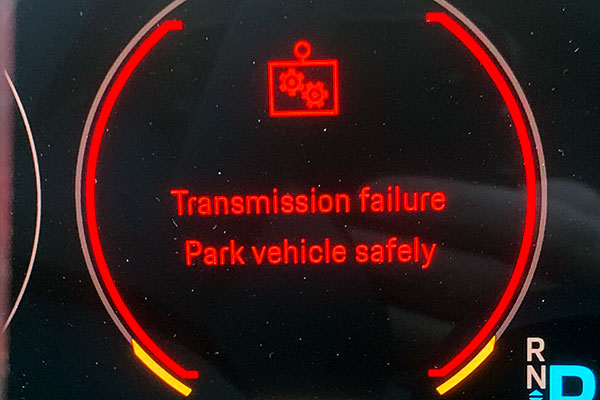 Typical Symptoms, Common Problems, Concerns, Reliability, and Fault Codes with Porsche PDK Transmission
Typical Symptoms, Common Problems, Concerns, Reliability, and Fault Codes with Porsche PDK Transmission
The Porsche-Doppelkupplungsgetriebe – which translates to Porsche double-clutch transmission or PDK is now the standard transmission fitted to most Porsche models.
In general, the Porsche PDK transmission is extremely reliable. However, a number of common issues have arisen with the PDK over time, and many have led to expensive repairs being deemed necessary.
The Porsche factory recommendations for maintenance for the PDK transmission have also evolved over time, with maintenance now being performed more frequently than originally recommended at the introduction of the transmission.
Major Concerns with the Porsche PDK Transmission
Interestingly, there aren’t common mechanical failures with the PDK and the major concerns are not necessarily related to the reliability of the transmission itself. The major problems with the PDK relate to the unwillingness of Porsche to allow the dealership channel to take the PDK apart and a lack of available parts!
The result tends to be recommendations to replace the PDK transmission, when in many circumstances, most of the reported failures tend to be associated with internal sensors and not physical component failures. It’s probably best if you sit down – replacement of the PDK transmission is likely to be north of $18,000! For sure, inserting a new transmission will solve your PDK problems and get high scores for problem resolution. However, this seems to be an unfairly large spend put upon an owner, when it’s possible the PDK performance issues are being caused by an electronic sensor.
We recommend you get a second opinion from a Porsche specialist before you go ahead and replace a PDK transmission. Even leaks and failures in the clutch packs of the PDK can be resolved without replacing the transmission completely.
Solving Porsche PDK Common Problems
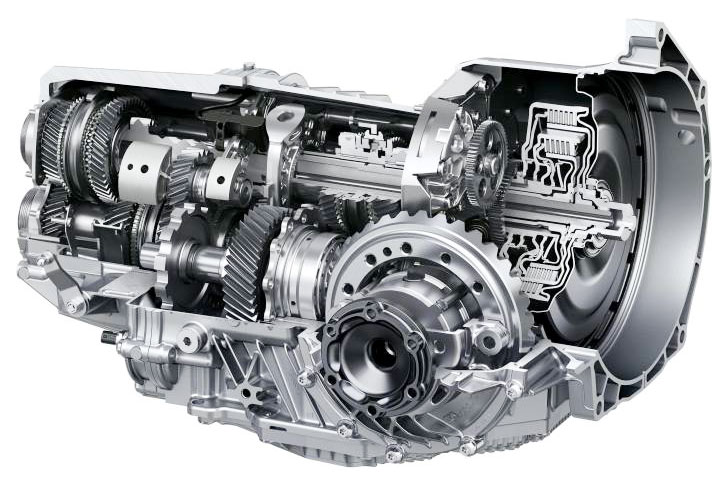 How to Solve the Common Porsche PDK Problems
How to Solve the Common Porsche PDK Problems
First, you are going to need the help of a Porsche specialist. There are DIY guides online for the PDK transmission, however, the mechanical skills and tools necessary to re-calibrate or reprogram the transmission are not commonplace. We say don’t try this at home!
Porsche PDK Replacement Parts
A limited number of parts, such as valve bodies and sensors are available from Porsche. Other parts are now available from third parties such as European Transmissions and T-design9. Typically these parts are designed for the 7DT45 or 7DT70 PDK transmission used since 2009.
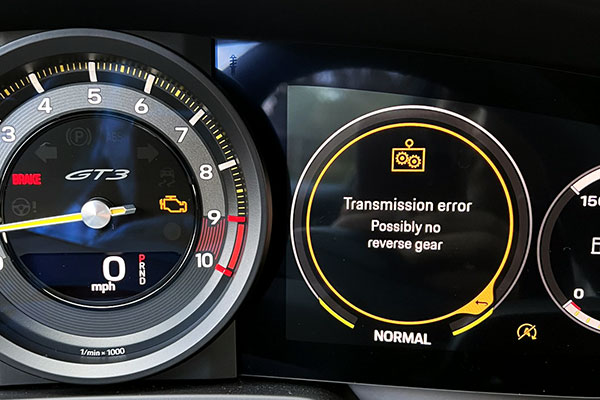 Porsche PDK Transmission – Problem Symptoms
Porsche PDK Transmission – Problem Symptoms
- Difficulty of lack of response when shifting gears.
- Unexpected gear changes while driving.
- Hesitation or jerking during gear shifts.
- Dashboard transmission warning light or message illuminates.
- Decreased Vehicle Performance.
- OBD fault codes recorded for the PDK
Some of the likely dashboard warning messages can be seen in our section dashboard warning messages. In some cases the car will go into limp mode and no gear changes are possible. In other circumstances the car will not move at all.
Understanding Porsche PDK Transmission OBD Fault Codes
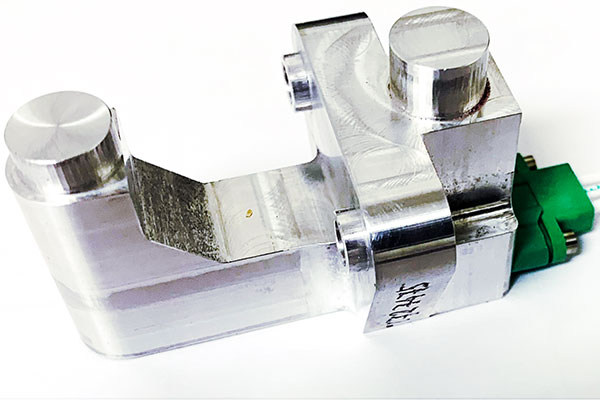 Porsche PDK Transmission Common Fault Codes
Porsche PDK Transmission Common Fault Codes
P1731, P1732, P1733, P1734, P1743, P17B1, P0711, P17F1
These fault codes typically point to electronic sensor problems within the PDK transmission. The common sensors to fail include:
- Distance sensor
- Speed sensor
- Pressure sensor
- Temperature sensor
Overview of Porsche PDK Transmission Sensor Fault Codes
- Fault code entries for distance sensor
P1731 … to P1734: Distance sensor information/shift rod faults - Fault code entries for speed sensor
P0730: Transmission monitoring symptom – incorrect gear ratio
P1743: Plausibility of transmission input shaft speed sensor clutch 1
P1744: Plausibility of transmission input shaft speed sensor clutch 2
P1745: Input shaft overspeed - Fault code entries for pressure sensor
P0841, P0846 and P0871: Pressure sensor fault (measured value implausible)
P17B1 and P17B2: Clutch fault (activation pressure implausible)
P17B3 and P17B4: Clutch valve fault (valve pressure stays too high)
P17BB … to P17BE: Clutch fault (clutch cannot be opened) - Fault code entries for temperature sensor
P0711: Transmission temperature sensor implausible
P172D: Transmission temperature sensor gradient fault
P17F0 … to P17F2: Transmission over temperature
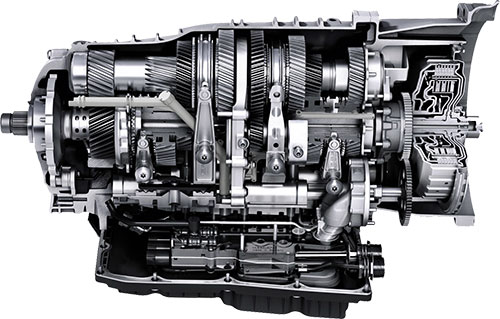 Overview of PDK Transmission Software Fault Codes
Overview of PDK Transmission Software Fault Codes
- Fault Codes for Software Related Issues
P0602: PDK control unit not programmed
P0603 … to P605: PDK control unit, internal fault
P0614: Data status does not match engine
P0702: PDK control unit, internal fault
P1715: PDK control unit, internal fault
P1749: PDK control unit, variant coding invalid
P174B: PDK control unit, interchange detected
P174C: BIN file does not match software version
P174E: EEPROM content at system start incorrect/implausible
P18B4: PDK control unit, internal fault
P186F … to P1872: PDK control unit, internal fault (electric synchronization data, shift rod
compensation, clutches and hydraulics)
P1897, P189A, P189C, P189D: PDK control unit, internal fault (software monitoring)
P18A0 … to P18B5: PDK control unit, internal fault (software monitoring)
P18D0: Clutch, BIN file implausible
Overview of PDK Transmission Gear Selection Faults
- Fault Codes for Physical Gear Selection Issues
P17D0 … to 17D9: Hydraulic gear selection, system fault
P1779, P177A … to P177F: Synchronization fault – gear cannot be disengaged
P17E0 Hydraulic emergency hold function cannot be cancelled due to a mechanical blockage.
The fault can also be caused by a leak in the clutch pack if the expected pressure is not reached.
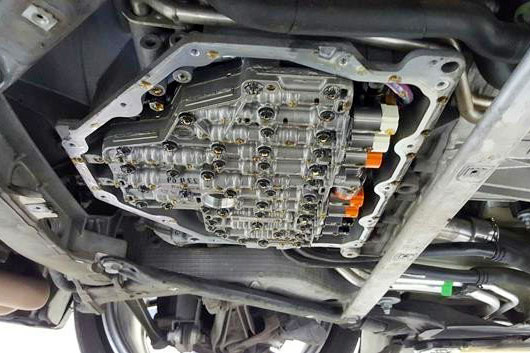 Porsche PDK Transmission Mechanical Problems
Porsche PDK Transmission Mechanical Problems
All transmissions experience mechanical issues during their expected lifecycle. The PDK transmission is no different, however, the PDK is often subject to more harsh conditions than a traditional automatic transmission. The most obvious of these would be driving the car on the track at the more extreme limits of it’s capabilities.
Mechanical problems include fluid leaks, failures in the clutch pack, valve body failure, and overheating. Faulty gaskets and seals are the obvious source of fluid leaks. Internally however, the build up of debris through poor maintenance can cause pressure and clutch pack issues.
PDK Transmission Valve Body Solenoid Issues
One of the most common problems with the PDK transmission is an inability to shift to a specific gear. This is often caused by a valve body solenoid issue. The valve body is available from Porsche and the work to replace it can be completed with the PDK in the car.
Solving Porsche PDK Mechnical Problems
Most of the mechanical problems require the PDK to be dissembled and the parts replaced. Unfortunately, the PDK is viewed in most of the dealer channel as a complete assembly replacement. That’s really expensive and unnecessary in most cases. We urge you to seek a second opinion if you have been told to replace your PDK.
Recommended Porsche PDK Transmission Maintenance
The original Porsche recommended maintenance cycle on the PDK transmission when it was first introduced was 120K miles or 12 years! This has proved to be problematic to say the least. Current recommendations for the 911 992 for example, half that time and mileage to a recommended 60K miles or 6 years.
Many Porsche specialists are now recommending that the time and mileage service for the PDK transmission be even lower, with 40K miles or 4 years being the preferred option. Certainly, more preventative maintenance is likely to do no harm and is considerably cheaper than repairing the PDK or indeed replacing it.
Maintenance will almost never solve a transmission issue. However, it can certainly prevent some of the debris, leaks, or blockage issues that have arisen with the PDK transmission. We recommend you don’t let your PDK maintenance slip. If you have purchased a used car and have doubts about the last PDK service date, go ahead and get the maintenance done anyway.
We highly recommend you talk with a Porsche specialist who can help you with your PDK Problems.

